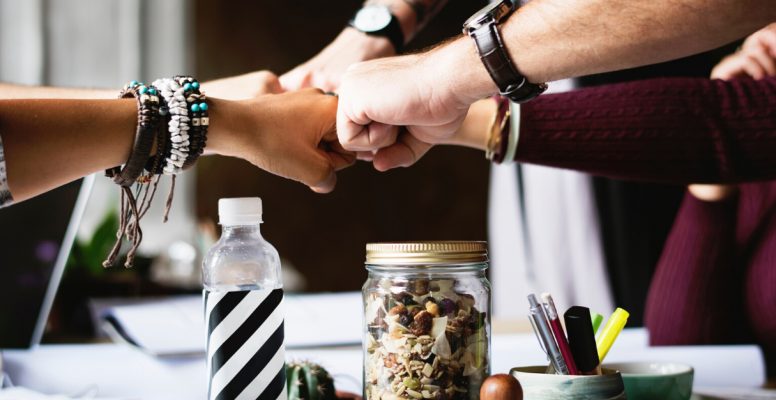
Ally: More Than a Label
Written By: Rey Boone, Clinical Intern at ACS, Outlet Program
“ally” is a word
in the LGBTQ+ community that is commonly used to mean a non-queer (straight/cisgender) person who sympathizes with the queer cause and is willing to stick their neck out if necessary. This person typically has gay, lesbian, or transgender friends or family members. Cambridge Dictionary(n.d.) provides one definition of ally as “a country that has agreed to give help and support to another, esp. during a war, or person who helps and supports someone else.” I would argue that the role of an ally is that serious. The war for social justice is still going on and the need for allies for the LGBTQ+ community is tremendous. If you call yourself an ally you have an important role.
Active vs. Passive
The LGBTQ+ community has experienced major advances in the past few decades in terms of visibility, cultural legacy, rights, legal protection, and medical care. Despite this progress there is still oppression and injustice happening to persons of the community every day in the United States, including hate crimes, bullying, homelessness, discrimination, and murder. The need for members of the straight and cisgender community to actively help and support LGBTQ+ people in large and small ways is clear. To be an ally is an active experience, not simply a passive way of living. This means looking for opportunities to donate to organizations for queer youth, supporting LGBTQ+ artists, reading about queer people or subjects, voting for policies that help make life better or more equal for transgender and people of various sexual orientations, and being genuinely open and humble – knowing that you have privilege in society and can give back to others.
Even When You Think Nobody is Watching
How do you respond when you encounter homophobia or transphobia and your LGBTQ+ friend or family member is not around? It would be easy to remain silent and let the moment pass as if it didn’t happen. The truth is, however, that the incident did happen. An ally speaks out against anti-LGBTQ+ sentiment even if their friend or family member who belongs to this oppressed group is not present. The alliance in the war for social justice and equal rights happens often in moments where only members of dominant social groups are present (i.e. straight, cisgender, able-bodied). That is where a lot of power imbalance is revealed, and macroaggressions take place in the form of jokes and comments. To be a bona fide ally you must speak out when a transphobic or homophobic comment is made. The same rule goes for speaking up for any other oppressed group; you are a true ally when you defend the non-dominant group not for your own benefit.
SAFE ZONES
Human Rights Campaign (n.d.) wrote about how to be an ally by establishing safe zones where you work or go to school. Some additional tips from the article include posting a sign on your office door saying you are an ally if you are a member of faculty, setting up a club organization at your school for LGBTQ+ students, being a better listener and getting to know your own biases about LGBTQ+ people. Being an outsider and ally of the LGBTQ+ community means you do not have to know everything about the LGBTQ+ experience. It is okay to not know everything and continue to learn as an ally by listening to the experiences of others (Human Rights Campaign, n.d.). If you see the need to make your work or school environment more LGBTQ-affirming or safer, then it is your duty as an ally to do something about it.
References:
- Cambridge Dictionary. (n.d.). Retrieved November 23, 2019, from https://dictionary.cambridge.org/us/dictionary/english/ally
- Human Rights Campaign. (n.d.). Retrieved November 23, 2019, from https://www.hrc.org/resources/establishing-an-allies-safe-zone-program
